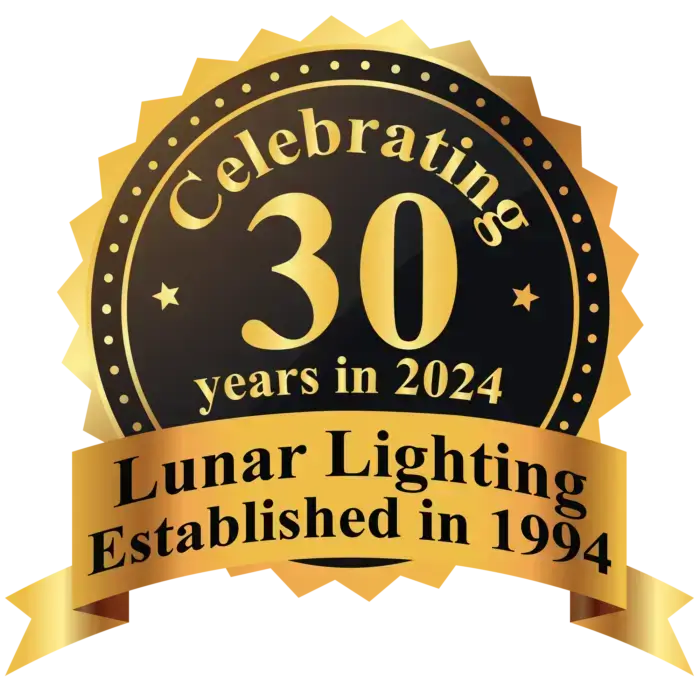
28 Sep What Is an LED Light?
Lighting can transform the overall look of a home, office, or store. It can help improve the mood, create specific ambience, or make a space more productive. However, those are not the only factors you need to consider, especially when you plan to use the space for a long time. You need to make sure that the lighting is efficient and practical to use. Most importantly, it should perform well and be easy to maintain.
Gone are the days when fluorescent or halogen lights took over the majority of households and properties in Australia. If you are wondering why LED lights are now taking over, this article will show you five reasons they are the preferred lighting nowadays.
What Is an LED Light?
Light-emitting diodes or LEDs produce light 90 per cent more efficiently than incandescent light bulbs. An LED light is a semiconductor device that works when electrical current passes through a microchip. That process causes the tiny light-emitting diodes to illuminate.
5 Reasons That Makes LED Lighting Better
Reason 1: They are more energy-efficient
If you need to illuminate a space for a long time, getting an LED light will be the most energy-efficient option for you. Compared to traditional lights, LEDs use only half of the electricity, allowing you to save half the price of what you usually pay.
The light LEDs produce is also more directed towards a specific area compared to the traditional bulbs. Because the lights in LEDs are plotted on a flat surface, they release light hemispherically instead of spreading them all around the room. Older bulbs emit light and heat in all directions, resulting in more wasted energy.
Reason 2: They have a longer lifespan
Did you know that an LED light can last for 30 thousand to 50 thousand hours or longer? It all depends on the quality of the fixture or lamp used. It is not the type of light that will suddenly burn out or fail. Instead, it will just dim as it approaches its maximum lifespan.
Compare that lifespan to an incandescent bulb, which only lasts about one thousand hours or a fluorescent bulb that can only function for up to eight thousand to ten thousand hours. If you choose an LED light, you will not need to replace bulbs for a long while. It is a more practical alternative, especially for commercial establishments.
Reason 3: They are highly durable
You will most likely see traditional lights in a glass or quartz exterior, which makes them more prone to damage. LEDs are a different story. They do not use glass. Instead, they are placed on a circuit board connected with soldered leads, making them less vulnerable to any type of damage, such as vibrations or other impacts.
Reason 4: They can operate well even in cold temperatures
You might not notice it, but during cold days, fluorescent lights use higher voltage to function. These lights also decrease their luminous flux or their light intensity while operating.
In contrast to fluorescent bulbs, LEDs perform better in low-temperature environments. That is why they are the light used in refrigerators, freezers, and other cold storage spaces. They are commonly used outdoors, such as in parking lots, signages, and building perimeters.
Reason 5: They give their one hundred per cent power at all times
Some lights will need around three minutes or more to reach full brightness upon being switched on. There is no delay when it comes to LED lights. They will be at their brightest with no delay as soon as you turn them on. This is particularly useful after power outages, as LEDs will quickly illuminate your space once the power returns and minimize disruptions.
Conclusion
Lighting is crucial in any space. If you want to make the best lighting choices, consider getting LEDs. They have more advantages than traditional lights. You can save more while enjoying better performance.
If you are looking for limitless lighting possibilities, get your LED lighting technology from us at Lunar Lighting. We have the most powerful, energy-efficient, and compact LED lights for any use. Browse our store to find LED lighting towers and more.






No Comments